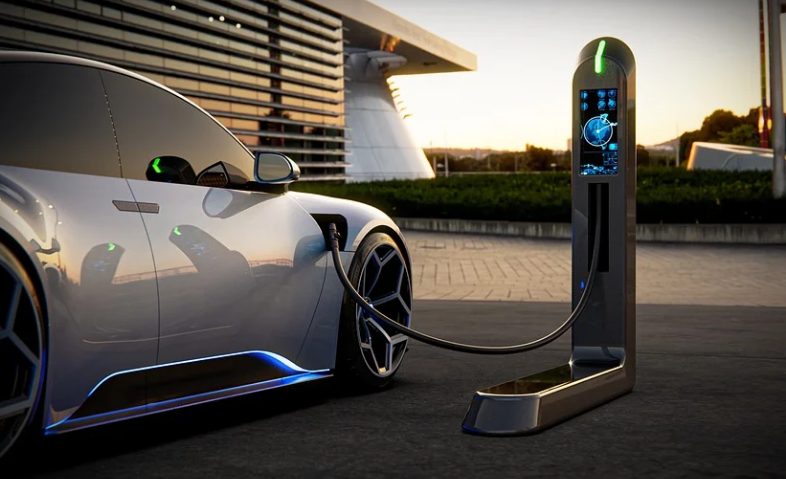Electric Vehicles (EVs) are now a very important as the current fuel crises and very high spike of fuel charges, everyday mode of transport, offering many benefits to individuals and businesses alike. There are many benefits of electric vehicles (EVs) over conventional petrol or diesel cars including
- EV is around 40% less than the cost to use petrol for a similar sized vehicle driving the same distance. The cost will be lower if you charge your EV from your solar PV system or at free charging stations
- Battery Electric Vehicle has fewer moving parts than a conventional petrol/ diesel car. Servicing is relatively easy, less frequent and overall cheaper than a conventional vehicle
- Electric Vehicles are better for environment helping to reduce harmful air pollution. EVs has zero exhaust emissions.
- EVs are much quieter than petrol and diesel vehicles. In fact, electric cars are so quiet, they are now required by law to have an Acoustic Vehicle Alert System (AVAS) to emit a sound when reversing or travelling below 12mph (19km/h).
- EVs has a better resale value. Remember that the sale of new petrol and diesel vehicles will be banned from 2030.
- EVs have better driving experience over conventional vehicles. EVs have more responsive acceleration and regenerative braking when easing off the accelerator. They tend to have a low centre of gravity, which improves handling, comfort and safety.
Disadvantages of Electric Vehicles (EVs)
There are many advantages of Electric Vehicles (EVs) over the conventional diesel or petrol vehicles nevertheless EVs are not have magical features and not the worry-free machines. There are some disadvantage of EVs including
- Batteries of EVs tend to be the most common issue.
- Replacing the battery is most expensive
- There are less charging stations available around the world
- EVs are more expensive to buy
- EVs takes more time to get fully charges on the other side refueling a conventional vehicle is very fast just take less than 4 minutes.


